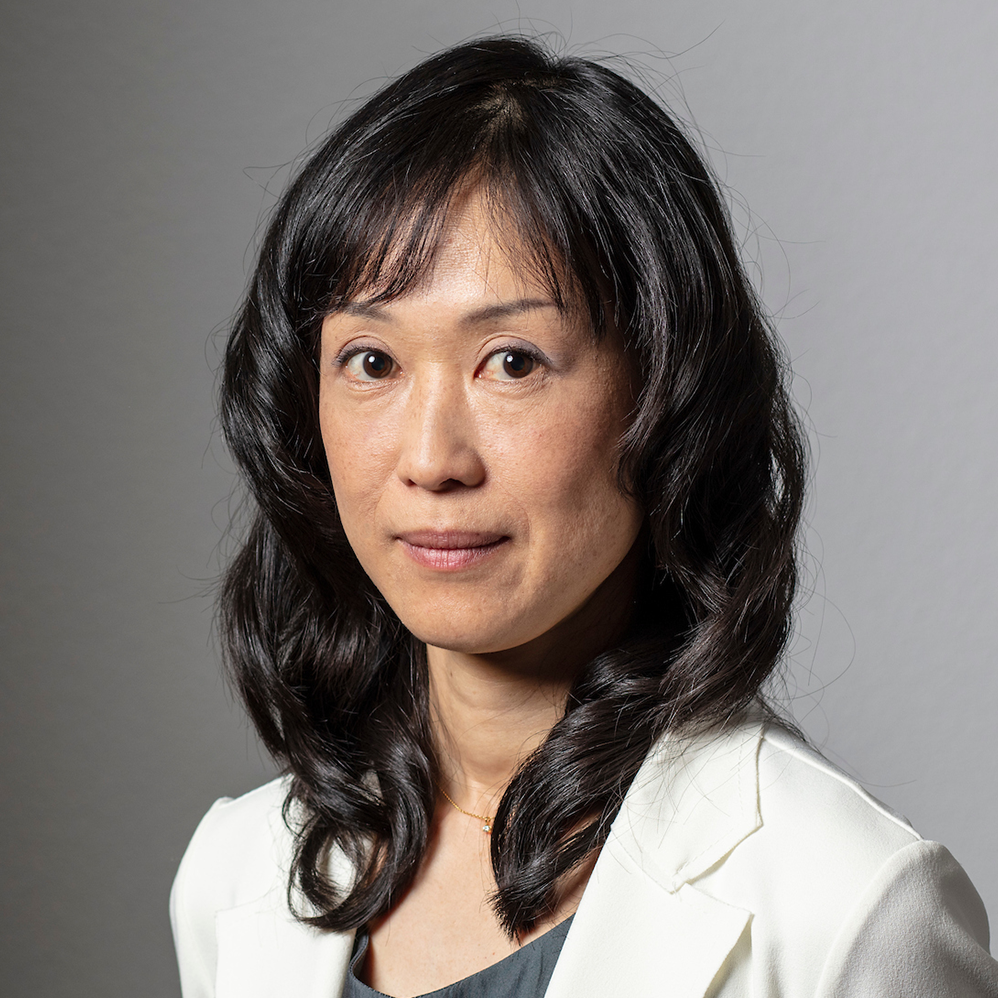
Kurt Sieber: 57 years in Japan – thoughts of a retiree

Swiss businessman Kurt E. Sieber went to live in Japan in 1960. At first he managed a Swiss trading company, then an Austrian one. In 2011 he retired – but did not return to Switzerland. What does he think about the country where he has lived for so long? What challenges does he think Japanese society currently faces?
“My view of Japan has changed a great deal in the 57 years I have lived in Tokyo,” says Kurt Sieber. “I have thought a great deal about Japan’s position in the world, the Japanese economy and politics, and the question of what would need to be done to resolve society’s problems.” He gives a few examples of the things that are particularly on his mind.
The opinions expressed in this interview, notably on the speaker’s country of residence and its policies, are those of the interviewee and do not necessarily reflect the views of swissinfo.ch
Pay too low for part-time work
“In Japan pay for part-time work is too low. Supermarkets or 24-hour shops pay on average 800 to 900 Yen (about CHF7-8), which does not match the rather high cost of living. In Switzerland it would be at least CHF 20 to 25 per hour, and the pay of people in management positions is many times that figure. Apartments in Tokyo – compared with those in Switzerland – are small and cramped in size. Overall, in the past 20 or 30 years, poverty in Japan has increased. It is a disturbing fact that one out of every seven children now grows up in poor circumstances.”
Lack of will for reform in Japanese economy
“In the Japanese economy for years now there have been no reforms. Japan is perceived as a major economic power after the United States and China but in fact the country is deep in debt. The debt burden in comparison with the annual GDP is about double what it is in Greece. The question is being anxiously mooted whether Japan will not collapse financially sometime. This is not an idle fear either.”
Half-hearted measures against the decline in population
“In Tokyo there are endless possibilities to be entertained in the evening – so many that people in Tokyo have no time even for sex (laughs). That may be one reason why here, compared to rural Japan, so few children are being born. The declining birth rate, coupled with a steadily ageing population, is one of Japan’s biggest and most significant problems. It is only a question of time before the number of inhabitants falls below the 100-million mark. For this reason the Abe government is promoting a birth rate of 1.8 children per woman, but that will not be enough to halt the decline in population.”
Desperately needed: immigrants
“Japan needs well-educated immigrants who could contribute their talents to getting the country unstuck again. I know from my business experience that investors would like nothing more than to see an increase in population, which would, in turn, bring about an increase in the production of goods and would give the Japanese market a lasting upswing and prospects for the future.
“In Switzerland with its 8.4 million inhabitants there are about 25% foreigners. Japan has 126 million inhabitants, which of course makes it harder to get changes through politically. What is more, Japan is an island. Geopolitically it’s not comparable with a country like Switzerland. And yet Japan can learn from Switzerland – especially when it comes to dealing with foreigners. In an increasingly globalised world, Japan has to be open to skilled immigrants and accept them as an important part of society. I wish that Japan could – like Switzerland – become a country with a cosmopolitan orientation. The 2020 Olympics in Tokyo might help to bring that closer.”
Reform of the working world
“The way people work here needs to change. Long working hours should be shortened and the option of working at home should be available. A more flexible organisation of the workplace adapted to different needs would no doubt help to raise the birth rate. My daughter was born and grew up in Japan, but at the moment she lives and works in the US. She has one child. Of course her husband helps with housework and shares in childcare. So even business trips abroad are not a problem for her, and family and career can be combined.”
Women should be able to live a full life
“I have four children – three daughters and a son. All of them were born and grew up in Japan. My daughters really like Japan, but it is not easy for women here to be active outside the home, to have a career, to live their lives to the full. So they and their children – my grandchildren – live elsewhere. My son was abroad for a long time, but he came back to Japan and is now the father of two children in Tokyo. The children of my daughters are bilingual, English and Japanese, and are also cared for by Japanese babysitters. For my daughters, contact with Japan is very important.”
“For women it is not easy to reach upper management positions in Japan. As regards male-female equality, in the 2016 annual report, Japan came 114th out of 144 countries – and the tendency is worsening. Women should have a lot more chances in Japan to have careers, not just be homemakers. For that there needs to be a child-friendly workplace and a society that is prepared to rethink traditional gender roles.”
What Switzerland can learn from Japan
“The friendliness of the Japanese – that could be an example for Switzerland. That friendliness is one of the reasons why I would like to stay in Japan till the end of my life. Another reason: the safe public space, the relative absence of crime. To be sure, Switzerland is a pretty safe country too, but an island like Japan is better protected, of course.”
My old age in Japan
“In 2011, when the nuclear disaster happened in Fukushima, it was difficult to see how things were going to turn out. The Swiss embassy, and my company too, advised us to relocate to Osaka, so everybody packed their bags. I decided to stay in Tokyo. If I was going to die, then let it be in Japan. That was my only thought. Now, my remarks about Japanese society must sound very critical, but they also show how much I care about Japan. I love the country, and I believe that there is plenty of potential for things to get better.”

Nationality? Swiss
“After 57 years in Japan I often hear from people: ‘You’re like a Japanese.’ But I always reply: ‘No, I am not a Japanese.’ I have never thought, either, of becoming a Japanese. Why not? Well, because I would have to renounce my Swiss passport. I would never want to do that. My Swiss passport is very valuable to me and indeed has a very special meaning. My grandmother fled from Germany when the Nazis seized power, and went to Switzerland, where she married my grandfather. To this day I remember the time in the 1950s when she showed me how she had papered a bedroom wall of her small Zurich apartment with old Reichsmark banknotes – each one was worth a billion marks! Those banknotes were in circulation in the days of hyper-inflation in the Weimar Republic. Just because I know how important Swiss citizenship was for my own refugee grandmother, I value it now.”
Are you a Swiss abroad? Mark your pictures on Instagram with #WeAreSwissAbroadExternal link.
Translated from Japanese to German by Thomas Eggenberg, and from German by Terence MacNamee

In compliance with the JTI standards
More: SWI swissinfo.ch certified by the Journalism Trust Initiative































You can find an overview of ongoing debates with our journalists here . Please join us!
If you want to start a conversation about a topic raised in this article or want to report factual errors, email us at english@swissinfo.ch.